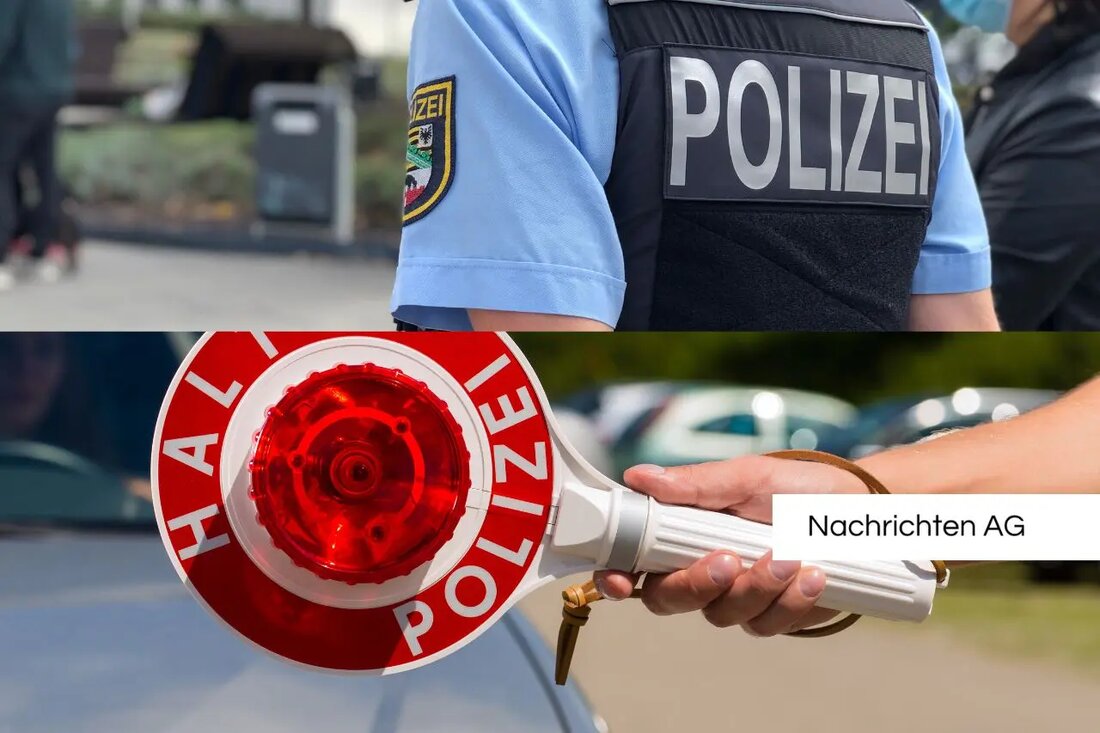Court rejects the lawsuit: Niqab while driving remains prohibited!

Court rejects the lawsuit: Niqab while driving remains prohibited!
In a pioneering judgment, the Administrative Court of Trier decided on February 25, 2025 that a Muslim woman may not wear a facial veil when driving a car, also known as Niqab. This case was preceded by a woman's lawsuit that the court has now rejected. She had sued the Rhineland-Palatinate State Operation (LBM), since she was not granted an exemption from the existing ban on wrapping. The judges argued that the right to physical integrity of third parties outweighs the fundamental right to freedom of religion, which significantly influenced the decision of the court, such as alternative means of transport such as public transport or a bicycle, since the next bus stop was about one kilometer away. This was considered reasonable by the judges.
context of the decision
The case in Trier is not isolated; Other administrative courts in Germany have also rejected similar complaints. For example, the Higher Administrative Court in Koblenz decided in a comparable case in August 2024, the arguments here were similar: safety in road traffic must be weighed up from religious freedom. According to Section 23 (4) sentence 1, the road traffic regulations prohibit the face of the face while driving to ensure the identification of traffic consecrators.
In another procedure that is currently pending before the Berlin Administrative Court (VG), another plaintiff strives to take advantage of her freedom of religion by wearing a NIQAB while driving. The courts take into account both the security aspects and the religious rights of those affected. The previous judgments have confirmed the rejection of exemptions by the authorities in the federal states of North Rhine-Westphalia and Rhineland-Palatinate. These decisions are based on the argument that the NiQab can affect the view and communication options in road traffic, such as lto.de
social context and reactions
The NiQab is a controversial topic within German society that is discussed. While some emphasize the practice of religion and personal freedom of women, others argue for the importance of security and public identity. Similar debates are conducted in many other areas, such as universities and schools.
In Germany there are specific regulations on facial shells, including for civil servants and soldiers, while in neighboring countries such as Belgium and France there are significantly stricter regulations. In the past, the European Court of Human Rights has allowed Member States to issue their own regulations for the purpose of public security. This underlines the challenge of reconciling religious freedom with security interests in a pluralistic society.
The judgment of the Trier Administrative Court could not only have important consequences for the plaintiff, but also for the discussion about religious freedom and the safety in road traffic in Germany as a whole.
| Details | |
|---|---|
| Quellen | |
